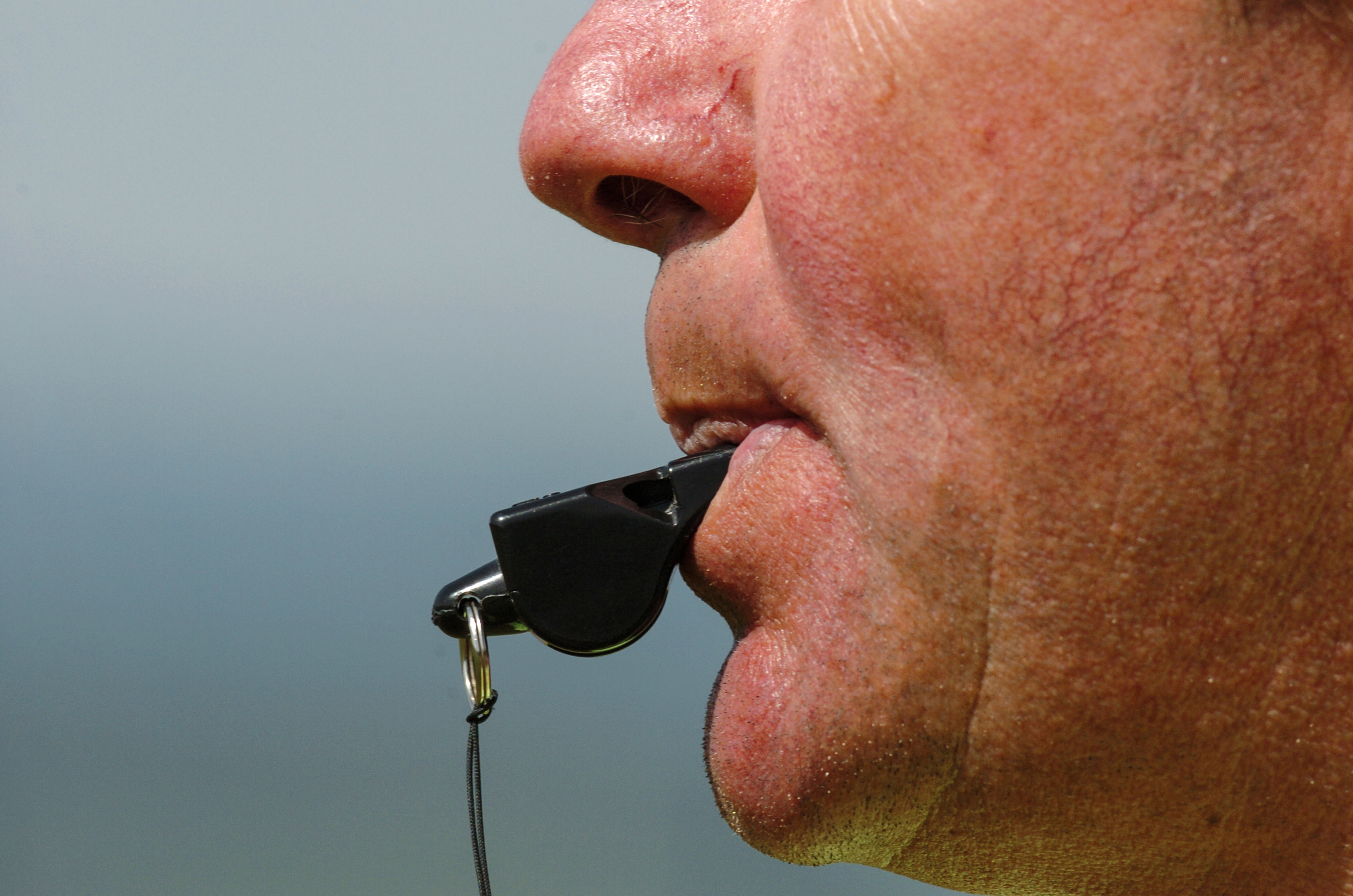FCPA
What is the FCPA? The abbreviation stands for the Foreign Corrupt Practices Act. The FCPA is a 1977 US amendment that focuses on provisions related to anti-bribery and transparency through corporate accounting transactions. The following FCPA articles are written by and for compliance and legal professionals and cover FCPA news, events, whitepapers, podcasts, and webinars and more.
The Tangible and Intangible Drivers of FCPA Risk in Venezuela Today
Venezuela is considered by experts to be one of the most corrupt countries in Latin America, and the problem appears to have worsened over the years. The probability of FCPA violations is high for companies doing business in Venezuela, and when you look closely, it's easy to see why. Matteson Ellis explores the ways in which companies are at risk.
Views from FCPA Enforcement’s Latin American Specialists
It's no secret that Miami serves as a sort of bridge to Latin America. For that reason, it's home to several Foreign Corrupt Practices Act enforcement officers specializing in Latin America. FCPAmericas' Matteson Ellis attended the American Conference Institute's recent Anti-Corruption Boot Camp in Houston and today shares with CCI what these experts had to share.
Corruption and Compliance in Ecuador: An Interview with Local Lawyer Bruce Horowitz
FCPAmerica interviews anti-corruption compliance expert Bruce Horowitz, co-founder of an Ecuadorian law firm known for not participating in extortion in an environment where bribery and unethical conduct is common. Bruce shares his insights on challenges and strategies for maintaining compliance and doing business with pubic entities without becoming involved in corrupt practices.
The Year of the Anti-Corruption Whistleblower: Who Will Blow Their Whistle Next in Asia?
The number of whistleblower reports to the SEC out of China has increased more than five fold in the past three years. And with recent enactments in India and China of Dodd-Frank-like whistleblower protection laws, that figure will surely continue to grow. For companies doing business in Asia, don't delay another minute in responding to complaints internally.
Anti-Corruption Enforcement in Brazil Heats Up Against Individuals
The winds of change have reached Brazil, and it's fast becoming clear that the Brazilian government is putting the kibosh on corruption there. Violations of the Clean Companies Act have yet to bring about enforcement actions, but meanwhile, authorities are prosecuting individuals. Here, Matteson Ellis covers three high-profile cases and considers what they may portend.
FCPA Voluntary Disclosure Considerations
Technically, companies don't have to disclose FCPA violations. But the risk for not voluntarily disclosing corrupt behavior is great considering that wrongdoing may be found out anyway. Matteson Ellis poses several questions companies can contemplate when deciding whether self-disclosure is their best course of action, whatever the circumstances.
Is the Paper Tiger Sharpening its Teeth?
In terms of FCPA enforcement, the UK's Serious Fraud Office doesn't hold a candle to the U.S. Department of Justice. Not yet, anyway. Over the past few months, it has become clear that the tide is turning; the SFO has several high-profile cases in the works and is seeking to extend its reach with an expanded arsenal to pursue corporate...
“Don˜t Bribe for Me, Argentina:˜ Corruption Risks on the Río de la Plata
Argentina is home to scenic landscapes, rich culture and corruption, unfortunately. Matteson Ellis, expert in all things FCPA-related in Latin America, draws from years of experience in Argentina to walk us through five common risks for corruption in the country, many of which are a direct result of government policy and officials with ulterior motives.
10 FCPA Myths and Misconceptions, Debunked
How well do you know FCPA regulations? You could be laboring under some misconceptions - and you wouldn't be alone. FCPA expert Matteson Ellis has heard myths from the mouths of those new to compliance, but also from execs and seasoned professionals who should know better. Here are some of the biggest FCPA myths circulating out there.
The FCPA “Elevator Pitch:” Selling Anti-Corruption Compliance to Latin American Executives
Sensitive discussions about potential bribery lend themselves more to one-on-one encounters than larger, formal settings. The catch is that in these situations, you’ve got to make a compelling case for compliance – and quick. Consider leading with these five talking points to convince Latin American executives to redouble their efforts to prevent FCPA violations and minimize sanctions.
Anti-Corruption and Bribery: Vigorous Enforcement Continues
If 2013 taught us anything about the new FCPA landscape, it’s that aggressive enforcement is on the rise and penalties are skyrocketing. A number of trends have emerged and it’s worth noting that while enforcement actions are up, so are rewards for good behavior. But expect some shifts. Regulatory bodies worldwide are stepping up their efforts.
FCPA Compliance for SMEs: How Smaller Companies Meet Enforcement Agency Expectations
Small- and medium-sized enterprises (SMEs) are as subject to FCPA regulations as their much larger counterparts, but how they apply resolutions necessarily differs a bit. FCPA expert Matteson Ellis provides valuable insights here on what medium and small firms can do from a compliance standpoint to meet FCPA enforcement expectations, even while faced with the challenge drawing from far fewer...
















